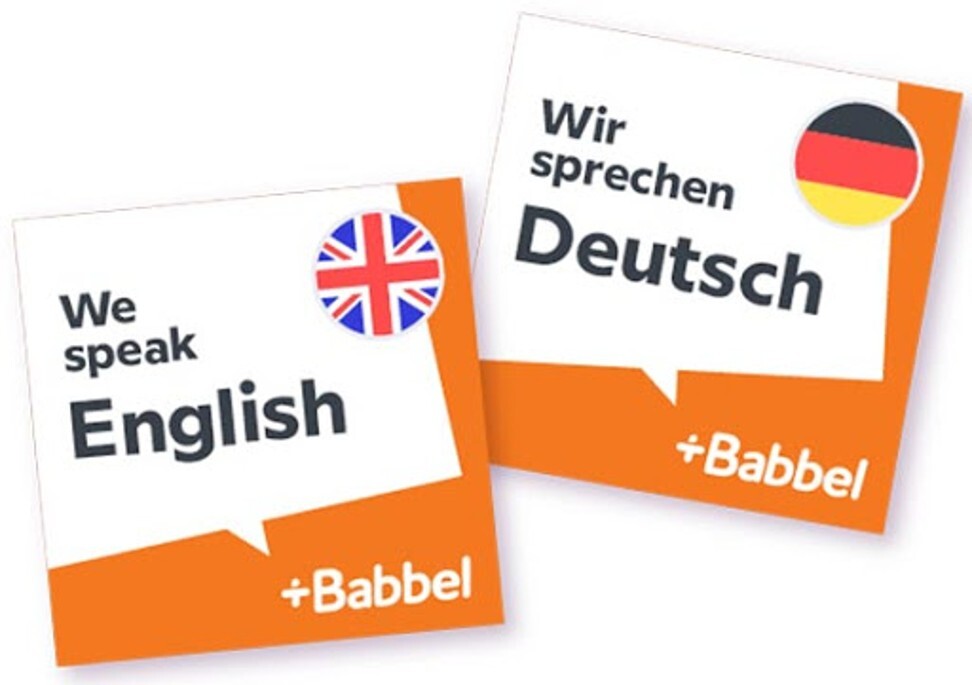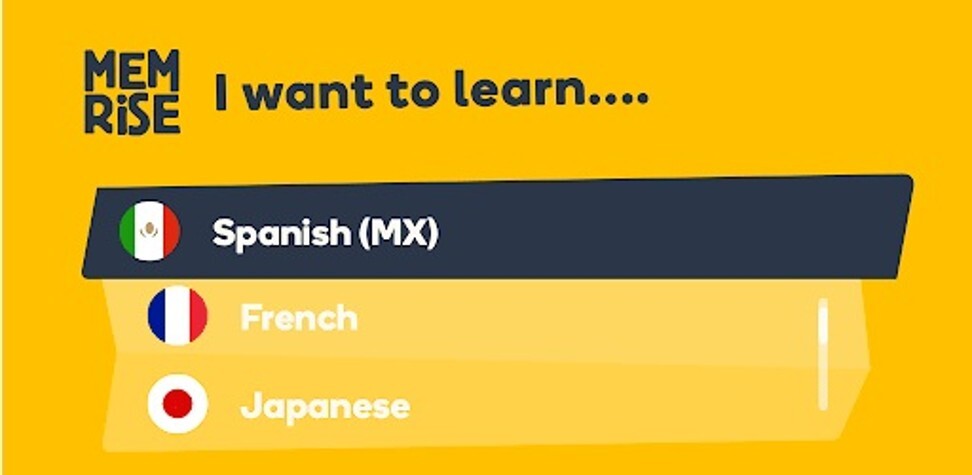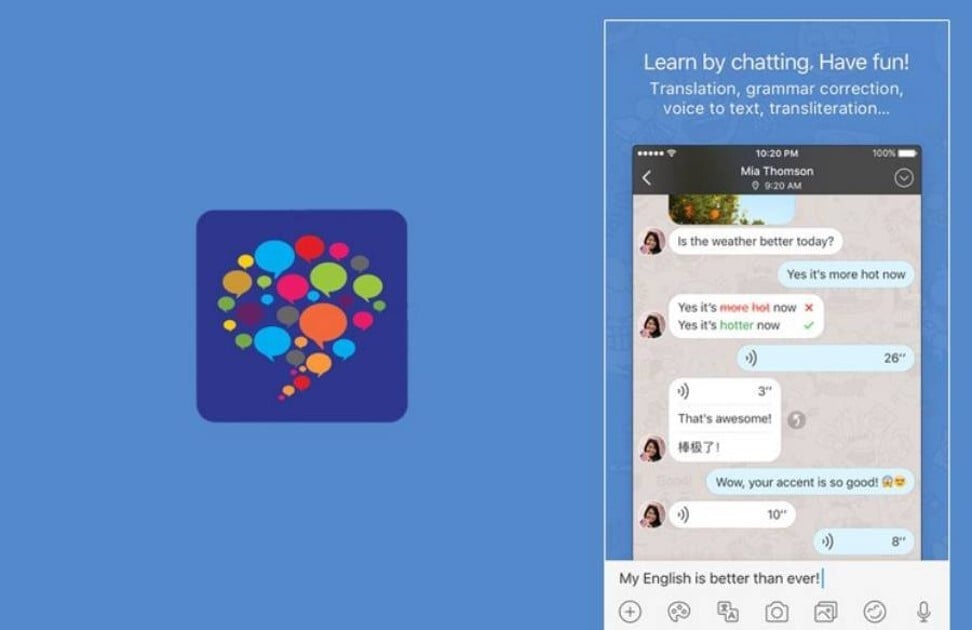
Lessons for lockdown: five language apps to help you get the most from your next trip
- Learn the language of the next country you plan on visiting, using one of these apps, while you plot your trip and wait for international travel to resume
- These five language learning apps can help you pick up the essentials through your smartphone
Being able to speak at least a few sentences in the local language will make a huge difference to almost every aspect of a travel experience.
Not only will it help ensure you don’t eat snake head soup when you expected lamb chops, it will also help you to avoid being overcharged and other potentially sticky situations, and can open up a new world of cultural understanding, communication and acceptance by local people.
Long gone are the days of night classes and cassette tape courses. Thanks to the digital era and our mobile devices, learning a new language is now literally at your fingertips. From basic translation apps to full-on interactive language courses, and even social media chat-based learning, you can find them all in the app stores. Unlike regular classes, these apps allow you to choose how much you want to learn and when you want to learn it.
You can try most of these apps free of charge, and within hours of signing up you will be offered substantial discounts on their stated monthly fees.

1. Rosetta Stone
Android, iOS and desktop. Fees are US$11.99 per month for a single language, US$14.99 monthly for multiple languages (if paid annually); 25 languages available (including Mandarin Chinese).
Rosetta Stone has been in the linguistic education arena for almost 30 years, and is widely acclaimed as the leader in the field. There is no free option. The learning techniques are thorough, with lots on immersive options to help with pronunciation and to get you to a proficient level within weeks – if you put in the time.
This is as close to classroom-based learning as virtual learning gets, and you will need to set dedicated time aside for learning.
The app is ideal if you are serious about learning and want to swiftly get past the essentials.

2. Babbel
Android, iOS and desktop. There is a basic free version, with various pricing options available – depending on the length of subscription (US$6.95 monthly if for one year); 14 languages are available.
The app starts by determining your proficiency in the chosen language, and then you decide on which linguistic aspects you want to focus on (food, conversation, business, etc). You also choose how much time you want to spend on learning (from 10 minutes a day).
Travel bubbles: commerce minister sounds cautious note on Hongkongers’ holiday plans
With playback pronunciation examples from native speakers, this is a great app for learning basic conversational skills in a very flexible manner before you travel. The educational experience feels less formal than with most apps, and has a real-world sensation, focusing on conversational essentials rather than grammar.
3. Duolingo
Android, iOS and desktop. Free to use, with a US$6.99 per month fee for the premium option (this enables you to download lessons and is free of advertising); 34 languages available (including Mandarin Chinese).

It’s not just the fact it is free that makes Duolingo one of the world’s most popular language apps (it is also widely used in classrooms); it’s the simple and intuitive nature of the flash-card- and quiz-like learning method that keeps students interested.
If you want to get to grips with vocabulary and basic conversation, it’s hard to go wrong with Duolingo, and it’s a good base from which to progress to a higher-level learning app (such as Rosetta Stone).
4. Memrise
Android, iOS and desktop. A free basic version is available, with an US$8.99 per month subscription for the full version (much less per month if you sign up for a full year); 22 languages available (including Chinese).

Memrise feels almost game-like in its approach to learning. You gain points for getting the correct answers to the meanings of words and expressions, which makes it a fun and fairly relaxed way to get a reasonable understanding of a language and to build your vocabulary.
The free option offers a few simple and progressive lessons each day, although to get beyond a simple introduction you will need to subscribe.
This is a good option if you’re short of time and simply want to get to the essentials.

5. Hello Talk
Android and iOS. It’s free to use, with a US$6.99 per month fee for premium (removes ads and allows you to chose three languages); 150 languages listed (including Cantonese and Mandarin Chinese).
Hello Talk is a very different kind of learning app; it is a social-media-based platform for interactive language exchange and learning experiences.
The company is based in Hong Kong and Shenzhen, southern China, and has 20 million users who speak some 150 languages between them. You register in a similar way to a platform such as Facebook (although there are far more privacy options available). From there you list the languages that you speak and want to learn, and are linked to potential learning partners around the world – those who also want to learn your native language.
There are options to connect with them and exchange text messages (with automatic translations), voice messages or to make audio calls to enable you to learn by conversation. There is no structured learning method to the app, although it is a good way to learn real-world conversational skills.
Being a social-media-based app, a young and outgoing crowd is prominent on Hello Talk.
